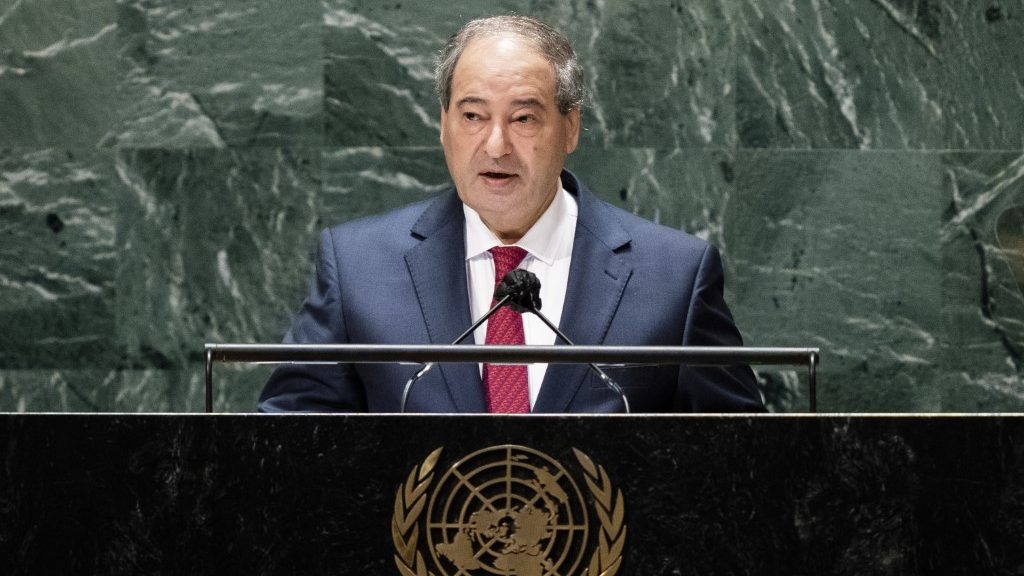The recent changes in Syria’s government have sparked speculation about the fate of Foreign Minister Faisal al-Mekdad, a key figure in maintaining the regime’s international relations. Since assuming his role in 2020, Mekdad has skillfully navigated Syria’s complex diplomatic landscape, leveraging his experience in international politics to keep the regime from being entirely ostracized by the global community.
Mekdad’s pragmatism has been instrumental in preserving Syria’s ties with Arab states, albeit quietly, through the Arab League. His diplomatic efforts have also helped maintain a delicate balance between Russia and Iran, Syria’s primary allies. However, with the recent illness of Asma al-Assad, who controlled the Syrian economy, and the shifting regional dynamics following the Gaza war, Mekdad’s position has become uncertain.
Who’s Who – Faisal Mekdad, From Loyal Diplomat to Accidental Vice-President
A series of enigmatic events have unfolded, including the mysterious death of the Iranian president, the assassination of Ismail Haniyeh, and Israel’s targeting of Hezbollah leaders in Syria. These incidents have raised questions about Bashar al-Assad’s grip on power and the potential for a new phase in Syrian politics.
As the region undergoes significant changes, Assad’s silence is deafening. The absence of official commentary from Syria on these events, coupled with the toned-down rhetoric toward Israel, has sparked speculation about the regime’s future. Will Mekdad’s reassignment be a strategic move to prepare for a post-conflict Syria, or is it a sign of his diminishing influence?
The Syrian opposition’s role in potential changes remains uncertain. The various opposition factions, such as the Coalition, the Syrian Interim Government, and the Negotiating Committee, have failed to present a cohesive strategy or inclusive national discourse. Instead, they have become mired in factionalism and grievance politics, neglecting the urgent need for national unity.
As Syria’s future hangs in the balance, one thing is clear: the status quo is unsustainable. The international community’s interests will likely drive change, but the Syrian people must not be forgotten. Will the opposition seize this opportunity to redefine its role, or will external forces dictate Syria’s fate?
This article was translated and edited by The Syrian Observer. The Syrian Observer has not verified the content of this story. Responsibility for the information and views set out in this article lies entirely with the author.


